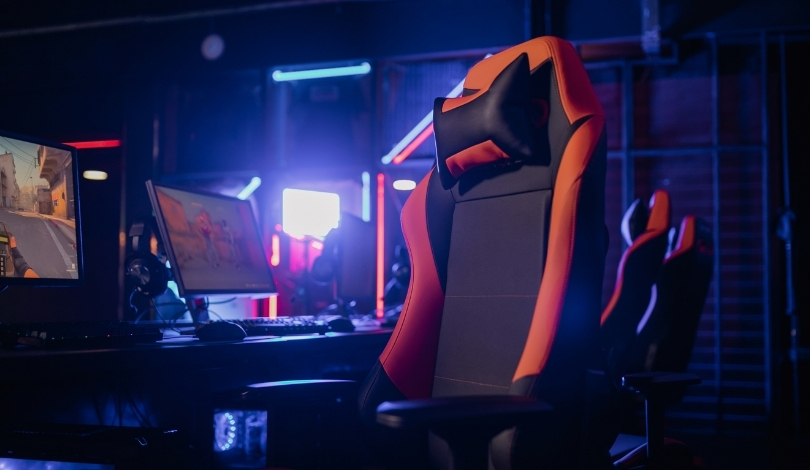Amid ongoing restructuring within Warner Bros’ gaming division, plans for expanding the popular title Hogwarts Legacy have been officially cancelled. This decision also extends to the anticipated “Definitive Edition,” which was set to bundle the original game with new content. The restructuring marks a significant shift in Warner’s strategic approach to its gaming portfolio, reflecting broader industry challenges and internal financial assessments.
Warner Bros has faced substantial setbacks this year, particularly with notable projects like Suicide Squad: Kill the Justice League and Multiversus, which collectively resulted in a $300 million loss. These financial strains prompted the closure of multiple studios, including Monolith and Player First Games, and the cancellation of projects such as the Wonder Woman game. The departure of Warner Bros Games chief David Haddad further underscores the depth of the company’s restructuring efforts.
Why Did Warner Bros Cancel the Hogwarts Legacy Expansion?
The primary reason cited for the cancellation is the disproportionate cost relative to the expected content output. Warner Bros evaluated the financial viability of the expansion and determined that the investment required would not yield sufficient returns, leading to the tough decision to halt the project.
How Does This Impact Warner’s Future Gaming Strategy?
Despite the cancellation, Warner remains committed to its major franchises, including Harry Potter, Game of Thrones, Mortal Kombat, and DC. These “tentpole franchises” continue to be the cornerstone of their gaming portfolio, with a sequel to Hogwarts Legacy still in development as a top priority. This focus aims to consolidate their strengths and leverage successful properties for future growth.
What Are the Next Steps for Hogwarts Legacy?
While the expansion and Definitive Edition have been canceled, the development of a sequel to Hogwarts Legacy is underway. This new installment is expected to build on the success of the original game, offering players an enhanced experience and continuing the narrative established in the first release.
The decision to cancel the expansion despite Hogwarts Legacy’s success highlights Warner Bros’ commitment to maintaining financial discipline amidst broader business challenges. By prioritizing large-scale franchises and reallocating resources to projects with higher potential returns, the company aims to stabilize its gaming division and ensure long-term sustainability. Players and stakeholders will be closely watching how these strategic changes influence the future landscape of Warner Bros’ game offerings.










